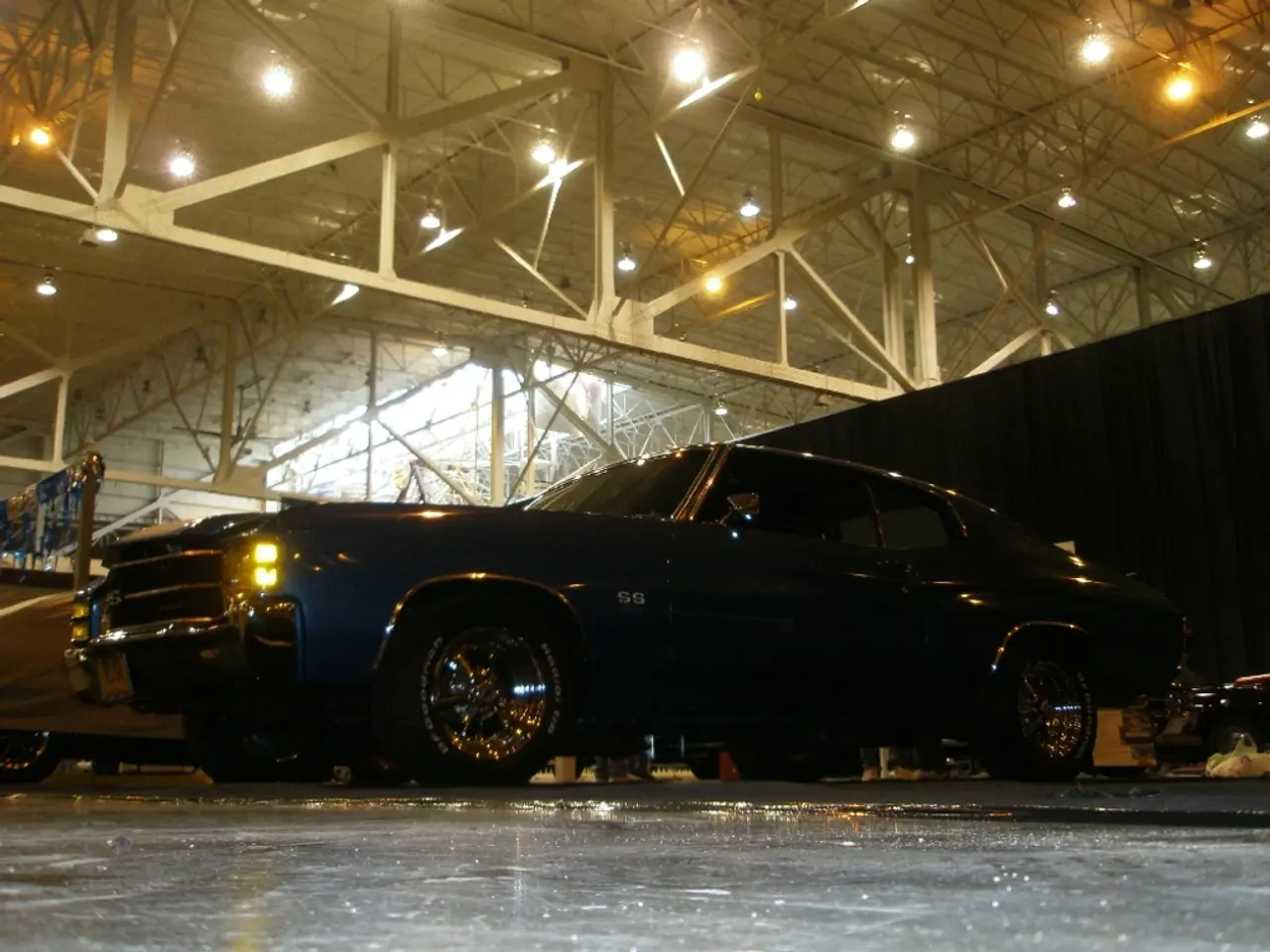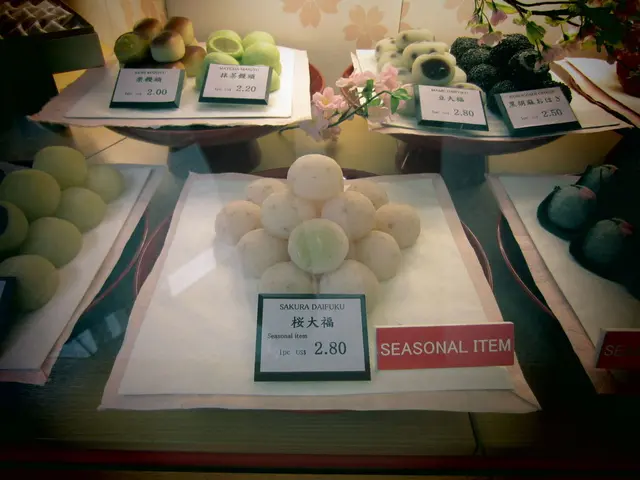Industry Competition Intensifies in Search for Non-Rare Earth Substitutes
The global auto industry is navigating a new terrain as the ongoing tariff war between China and the US takes a toll on the sector. One of the most pressing issues at hand is the supply of rare earth minerals, essential for manufacturing magnets critical for electric vehicle motors, windshield wipers, headlights, braking systems, and more.
China, controlling approximately 90% of the global supply of these rare earth minerals, has been curbing exports, causing concern among car manufacturers worldwide. This decision has prompted automakers to seek alternative sources to secure their supply chains, avoid potential disruptions, and reduce their dependency on China.
Apple, the tech giant, is one such company grappling with the slow Chinese license approval bureaucracy for magnet exports. To mitigate this risk, Apple has invested $500 million in MP Materials, a company that produces magnets from recycled materials. This partnership guarantees a steady supply of magnets, starting in 2027.
Mercedes-Benz, the German automaker, is also seeking suppliers outside China. The company has approached Rainbow Rare Earths, a British company expected to start production from its South African mine in 2027.
Other car manufacturers are taking different approaches. Porsche, for instance, has asked German magnet-maker Magnosphere to increase its production. Meanwhile, Hyundai Motor has a stockpile of rare earth minerals that could last for a year.
Innovation is also on the horizon. Conifer, a Silicon Valley company, is testing motors that use magnets based on iron, promising to eliminate the need for rare earth minerals. However, the technology is not yet ready for mass production.
The Helmholtz-Zentrum Dresden-Rossendorf (HZDR) and the start-up MAGNOTHERM are working on sustainable magnet technologies as alternatives to rare-earth-based magnets. These advancements could potentially reduce the industry's reliance on China in the future.
Some car manufacturers are considering direct installation of magnets in motors in China as a possible solution. However, if export restrictions are imposed, this could lead to complications. Since April, only a quarter of license requests for rare earth magnet exports from China have been successful.
Despite these challenges, the global auto industry is demonstrating resilience and ingenuity in the face of supply chain disruptions. As the race for sustainable and self-reliant solutions continues, it's clear that the future of the automotive sector lies in diversification and innovation.








